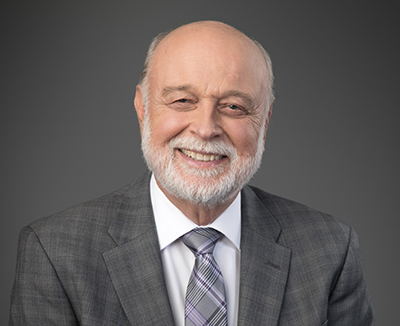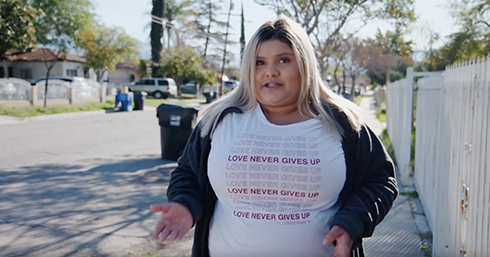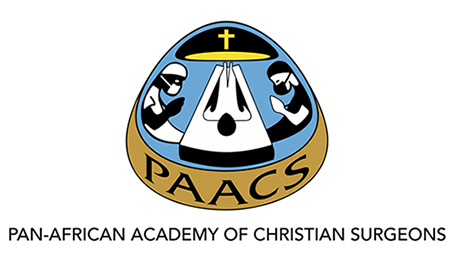 |
| May 2018 |
|
A Moment of Pride
Two new programs are yielding big results in fulfilling human need, writes Dr. Richard Hart I know I just wrote about humility, so please forgive me for having a moment of pride. Or perhaps I can call it a sense of satisfaction, or mission accomplished. It happened twice this past week, and both times caused me to pause, reflect and recognize, as we too often fail to do, on the results of plans laid years ago and now bearing fruit. I was late entering the large classroom on the third floor of our new San Bernardino campus. The room was nearly full as I quickly found a seat on the front row as the presentation continued. Four young ladies were presenting a case at our monthly Community Grand Rounds. What made this so special as I listened were the presenters — Carmaila Gozo is an RN case manager; Jessica Sanchez is a behavioral health clinician; Silvia Duarte is a care coordinator; and Alejandra Morales Martinez is a patient navigator/community health worker and a recent graduate from our San Manuel Gateway College. Our clinical pharmacist, LaDonna Oelschlaeger, could not be there, but was involved as well. Our residents and faculty physicians were sitting on the front row listening to this case presentation, rather than their usual role of presenting the case. They were talking about a 59-year-old patient they were all involved with — José, who had advanced diabetes, had now gone blind and was being gradually abandoned by his family and community. He had slipped into depression and was failing to take his medications or make his appointments. Their presentation was aided by their PowerPoint slides — how they were doing home visits, making sure he came to his appointments, monitoring that he took his insulin appropriately, and giving him hope for the future. Then they brought José forward, who had been quietly sitting in the corner of the room. He was guided to a seat and told his own story in Spanish. He shared how these “señoritas,” as he called them, had given him new hope. The highlight for me was his comment that he hoped once again to get a job and be productive. This is interprofessional education at its best and what we had always hoped and planned for at the San Bernardino campus. This is both vertical and horizontal integration, covering all health professional disciplines horizontally, and three different levels of education vertically — residents, professional students and certificate students. Each was learning from the others and the patients were clearly benefitting. What a glorious moment! Enjoy a short video of one of our San Manuel Gateway College student’s personal stories at youtu.be/FicZm8zYpAM.
The second moment of satisfaction was the simple signing of 15 diplomas — but these were special. Over 20 years ago, I was contacted by a surgeon, David Thompson, who worked for an evangelical mission hospital in Gabon, Africa. Dave had a common story of gradually being overwhelmed by the surgical load at his hospital. He had conceived of an idea to train surgeons in Africa at the larger mission hospitals and had come to Loma Linda University Health asking if we could provide the academic credentials for this program. Training fully qualified Christian surgeons in a full five-year residency program on the African continent was very appealing, as we recognize that unmet surgical needs are a major crisis in many areas of the world. After some consideration, Loma Linda University agreed to become the academic partner in this interdenominational effort, now called the Pan-African Academy of Christian Surgeons (PAACS). There are now 10 large mission hospitals across Africa with these training programs, including our own Malamulo Adventist Hospital in Malawi. PAACS has set a goal of training 100 Christian surgeons by the year 2020 and is well on the way to surpass that goal.
We send out a team of our own surgeons from Loma Linda University Health every other year to visit each site and validate the quality of education they are providing. It is impressive. They have now graduated over 40 surgeons who have returned to their respective mission hospitals and are providing top-level care in some of the most basic settings. It was my privilege last week to sign 15 more diplomas of new PAACS grads, all with typical African names I enjoyed trying to sort by language and country. The amazing part of this story is that all graduates over the past 20 years are still working in Africa, defying years of “brain drain” of highly trained professionals leaving the continent. So two simple events, listening to a Community Grand Rounds and signing diplomas, but both representing long-term planning and investments in causes that are right. It just made me pause and feel good!
Richard Hart, MD, DrPH |




